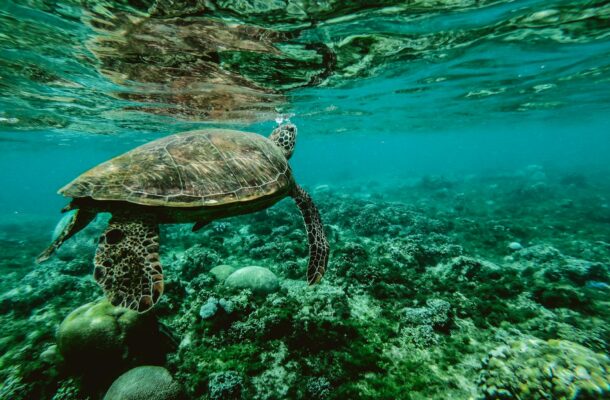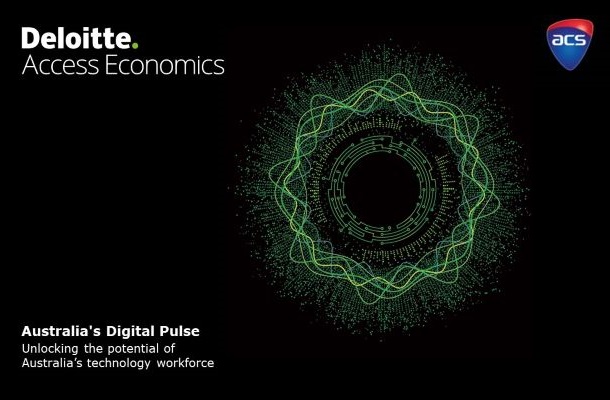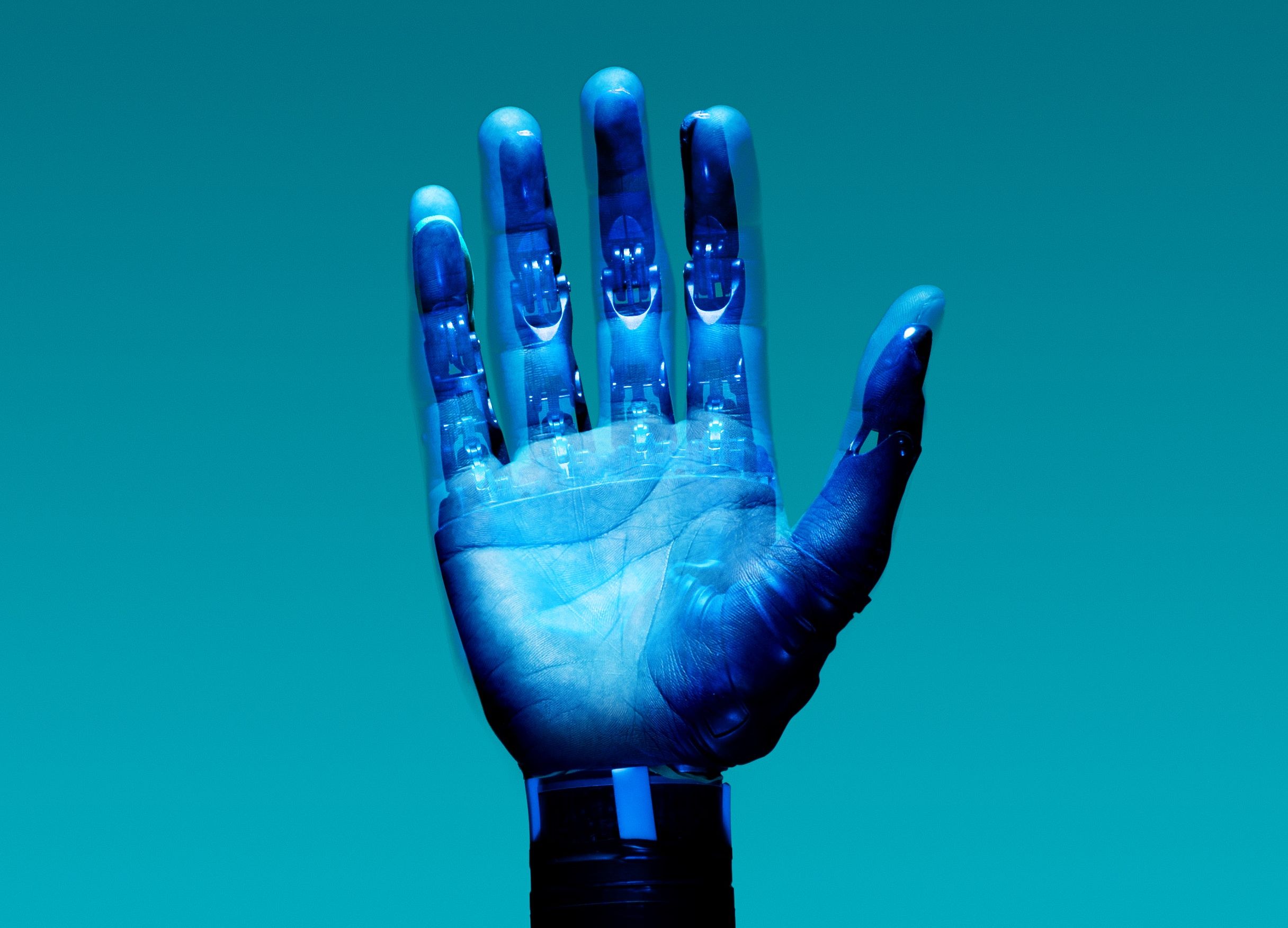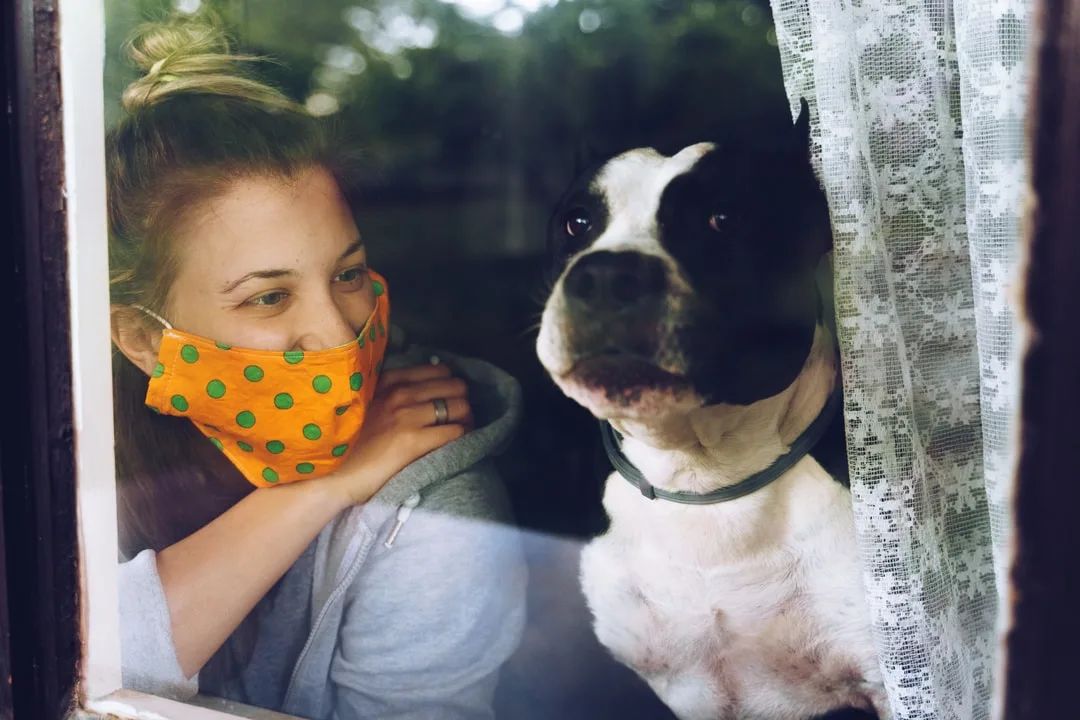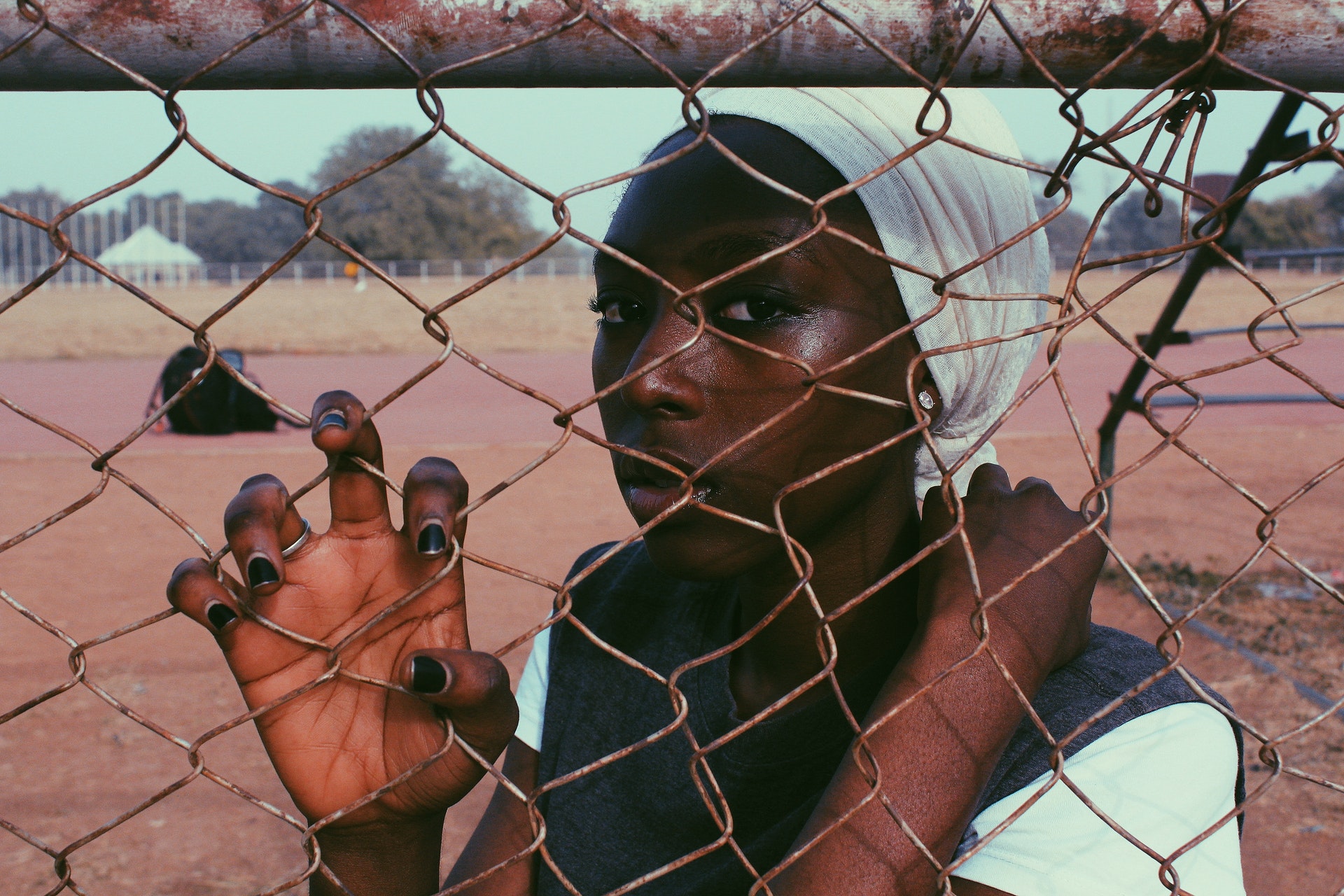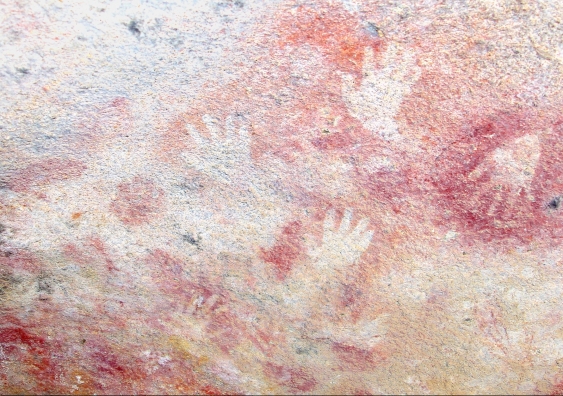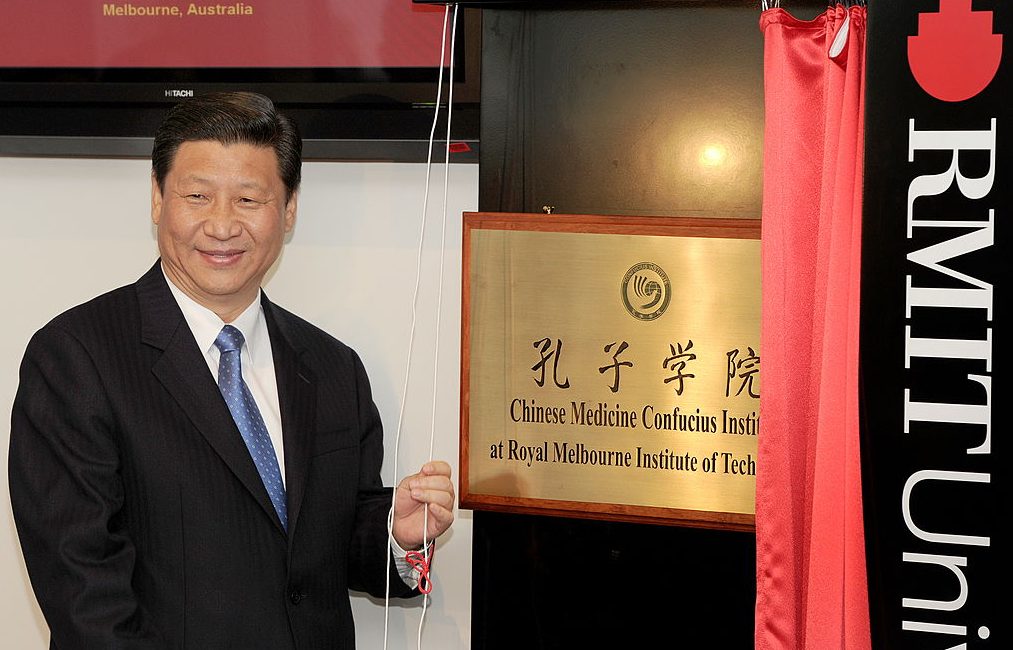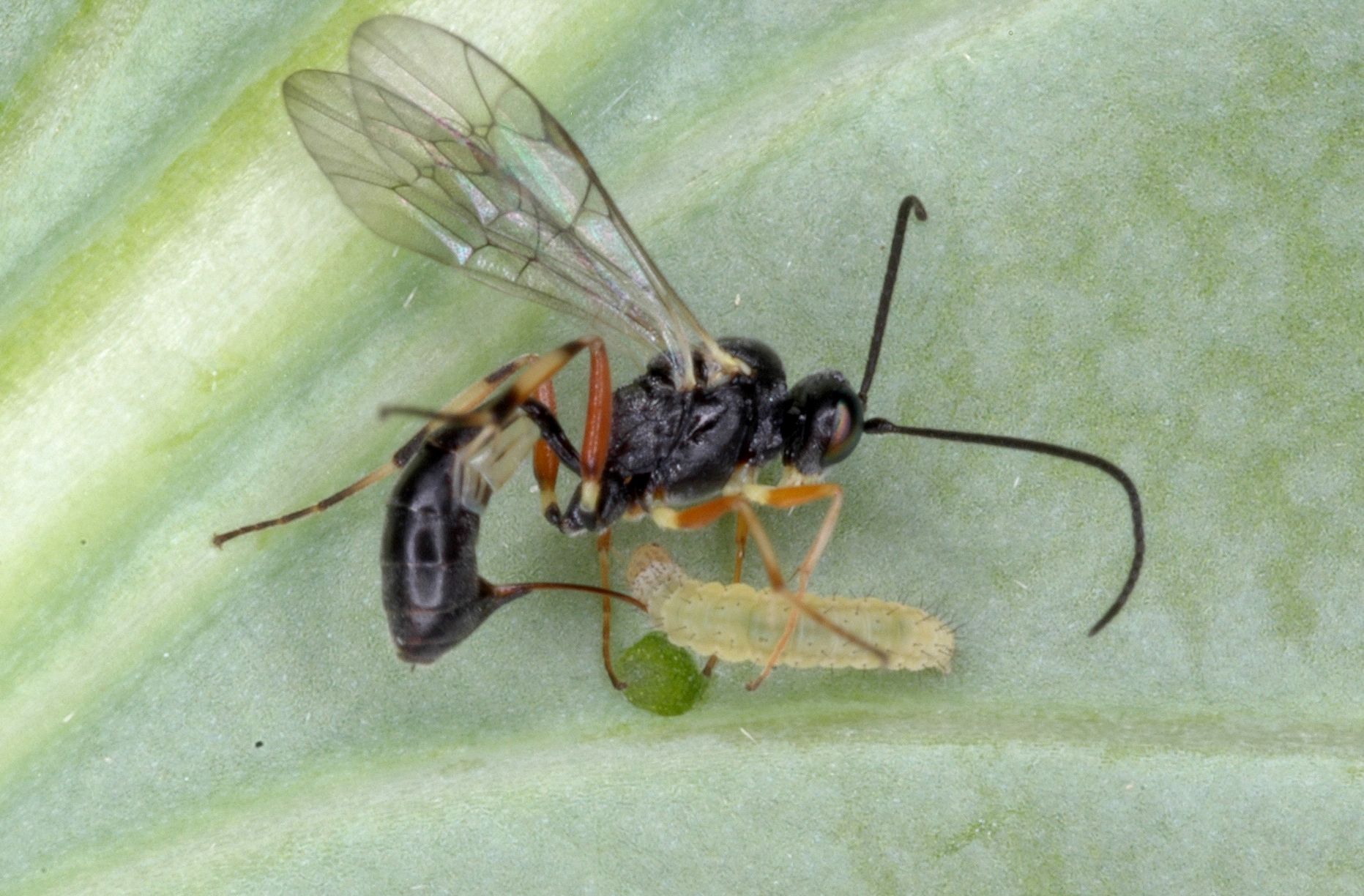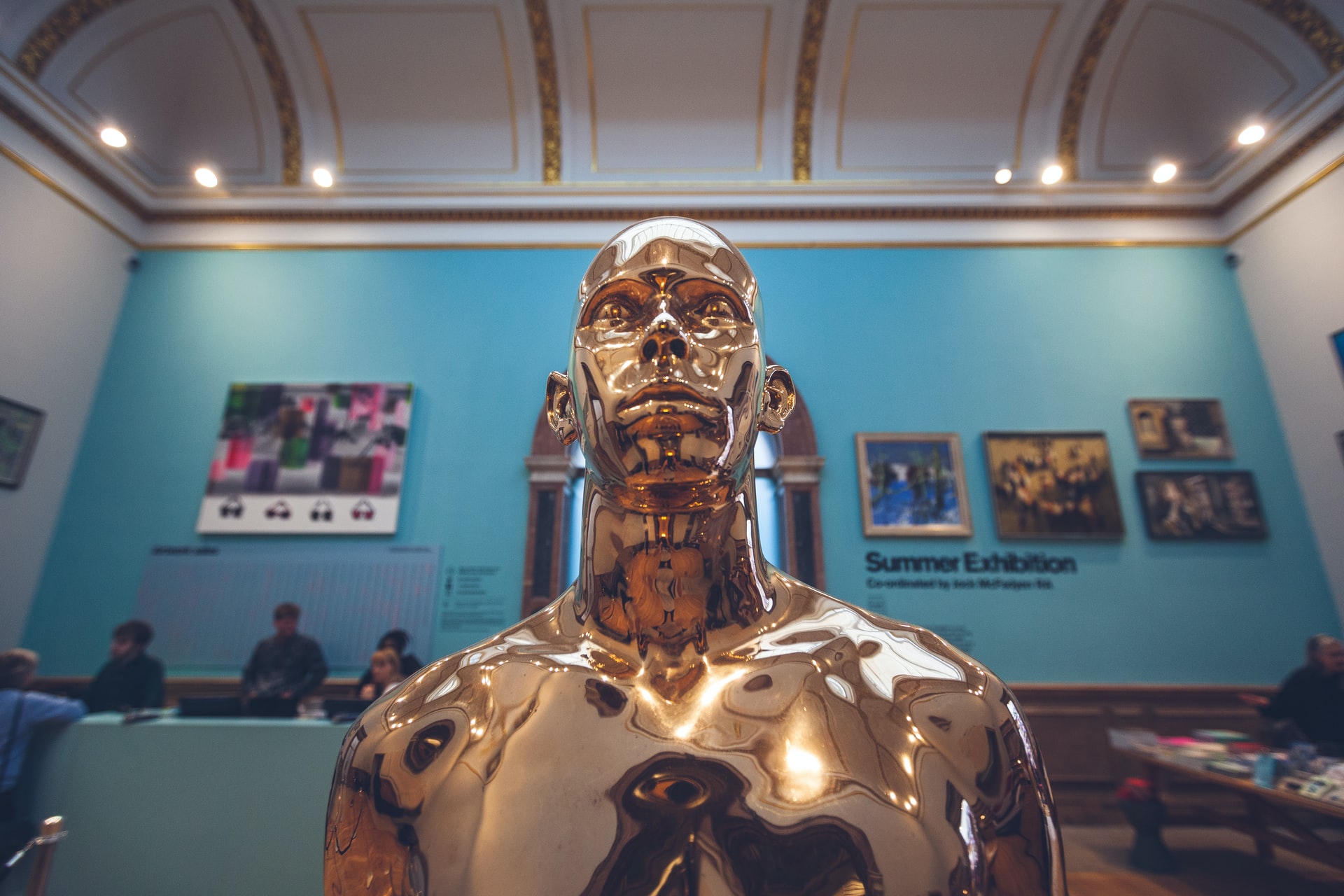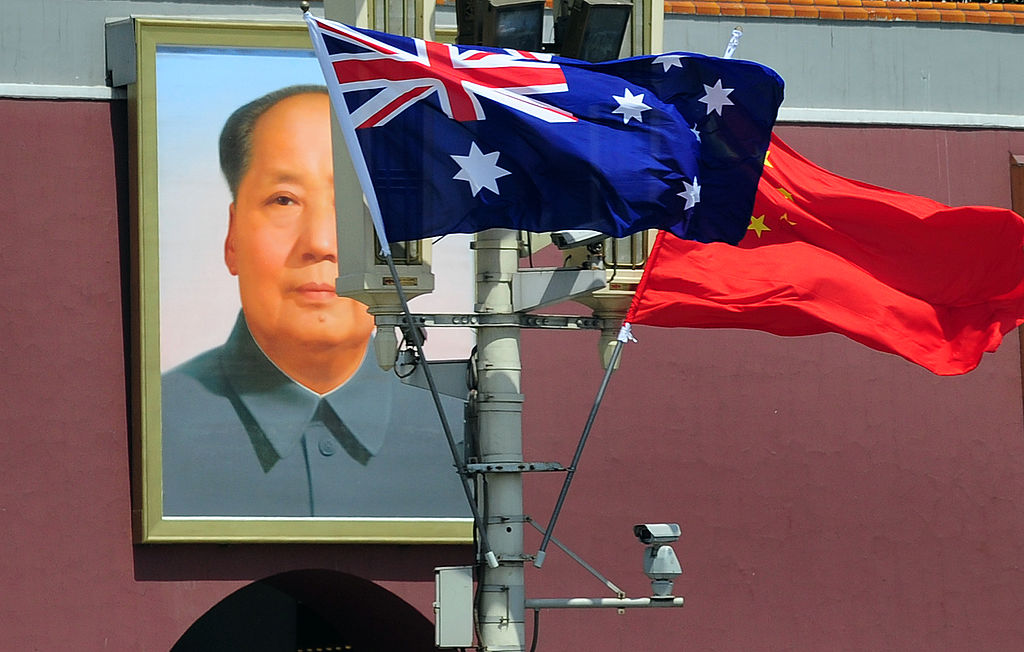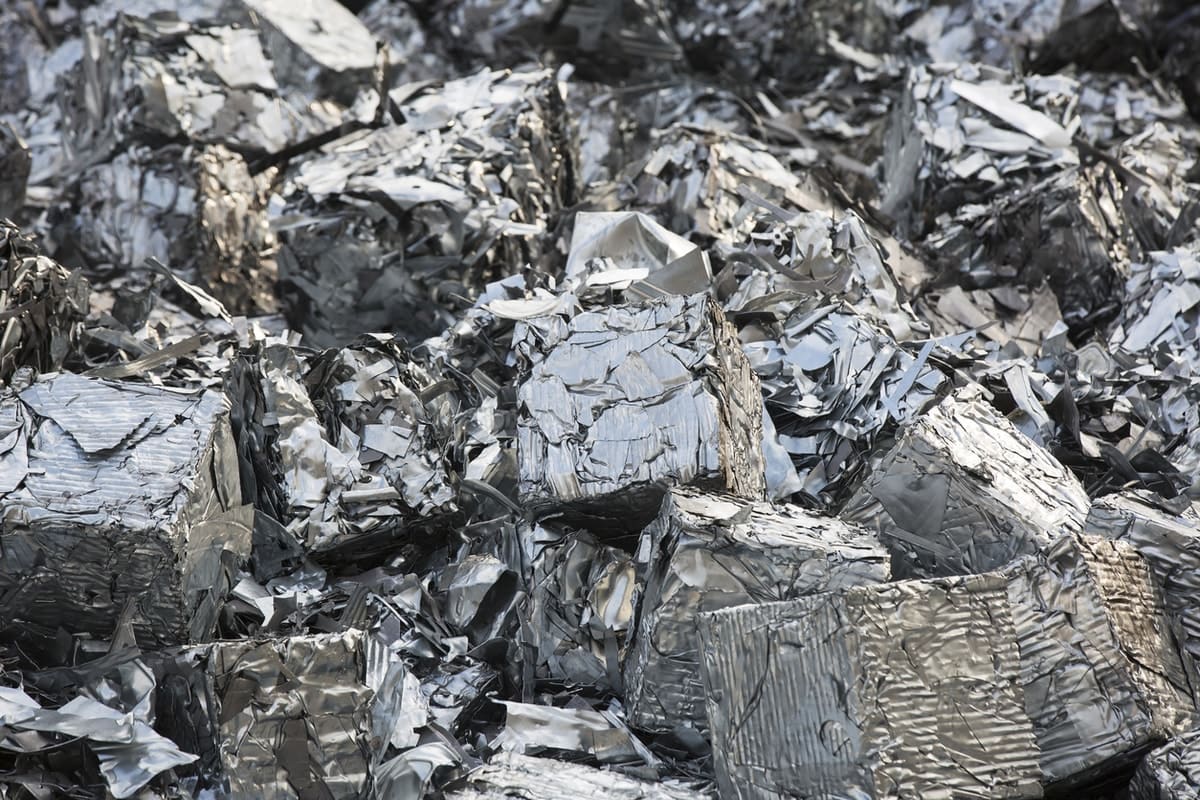Latest Story
-
Taking Australia’s digital pulse
Nick Hull | December 15, 2020The sixth edition of Australia’s Digital Pulse by Deloitte Access Economics highlights the significant role information and communications technology (ICT) plays in almost everything we do.
-
Slavery and society
Alan Stevenson | December 15, 2020Society should define tasks best left to humans, as well as what can safely be left to autonomous machines, as once a machine takes over a task it will not be an easy to reclaim it.
-
Arvanitakis on education: The trust project
James Arvanitakis | December 14, 2020Populist distrust of science and deepening political divides have hampered the response to climate change and coronavirus. Rather than merely decry these trends, academics have the chance to do something about it.
-
The truth about cats and dogs
Open Forum | December 14, 2020A new study shows the benefits of dog ownership of easing loneliness during lockdown, although cats weren’t always so happy with having their owners at home.
-
Tabi on racial matters: Black-enslaved-women and their visions of freedom during the 19th century
Gloria Tabi | December 14, 2020The plight of black women in history and their experience in the world today should be factored into the fight against global gender inequality.
-
Indigenous children need better pre-school education
Nicholas Biddle | December 13, 2020A large study shows preschool benefits Aboriginal children’s development more than childcare or being taken care of at home, but the benefits of preschool are not as large as for non-Aboriginal kids.
-
Cuckoo in the nest
Open Forum | December 13, 2020Australia’s measures to limit Chinese influence are long overdue. All democracies have an interest in strengthening their internal and external arrangements against the PRC’s relentless predation.
-
The power of natural pest control
Open Forum | December 13, 2020Biological control of insect pests – where ‘natural enemies’ keep pests at bay – is saving farmers in Asia and the Pacific billions of dollars, according to University of Queensland-led research.
-
Robots and the law
Alan Stevenson | December 12, 2020Autonomous machines able to think and act for themselves were once the stuff of science fiction, but now they are becoming reality, we need to delve back into a classic novel series for rules to protect ourselves.
-
Reading the Chinese playbook
Rowan Callick | December 12, 2020There is no shortage of Australian apologists for China’s bullying tactics against this country, but understanding the propaganda playbook helps guard against falling for its distortions and lies.
-
Weird science
Australian Science Media Centre | December 11, 20202020 was certainly a weird year, so perhaps it’s not surprising that it produced a bumper crop of weird and wonderful science yarns. The Australian Science Media Centre has picked ten of the best.
-
Waste not, want not
Open Forum | December 11, 2020The COVID-19 slowdown gives us a golden opportunity to “reset our materials economy along more sustainable lines”, says human geographer Ruth Lane.


